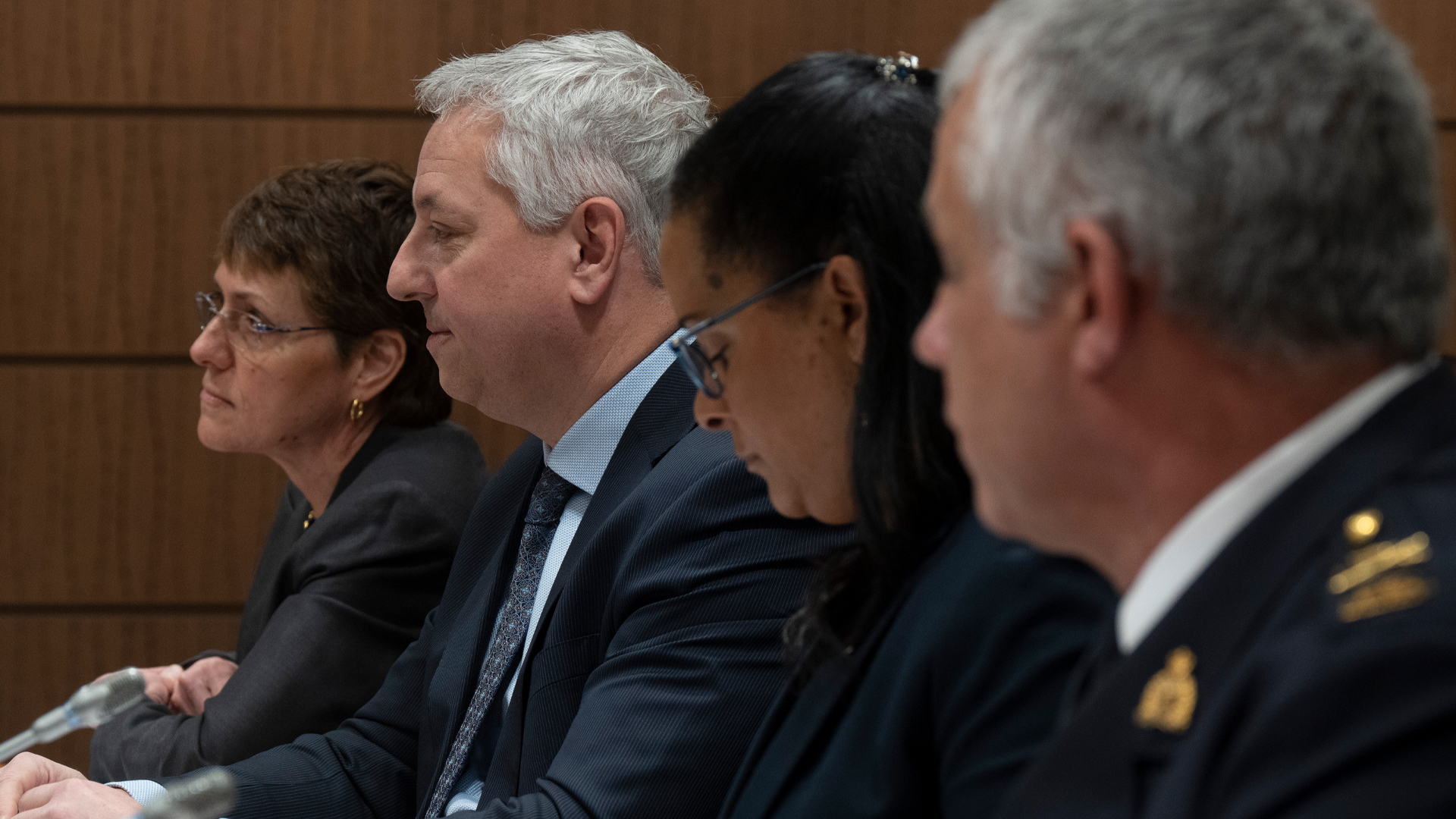
The debate on foreign interference in Canada’s democratic institutions by the People’s Republic of China has exposed cracks in the foundations of the country’s national security and intelligence enterprise. Ordinary Canadians and many in the media lack an understanding or knowledge of Canada’s intelligence community and its members – who they are, what they do and the outcomes they pursue in the national interest.
Why that is rests squarely on the shoulders of the security and intelligence community. For decades, its leadership has remained cloistered rather than engaged in real conversations with Canadians about how intelligence fits into policy development.
The result has been a crisis of confidence and a deep skepticism that our intelligence institutions are able to effectively defend and advance Canadian interests in a complex global environment. Their very culture of security and intelligence needs to be changed to regain public confidence.
There are three broad elements that need to change.
First, Canada must become more transparent in its intelligence enterprise. Compared to the other Five Eyes intelligence-sharing allies (the U.S., the U.K., Australia and New Zealand), Canada is the least effective in openly engaging its population on key intelligence questions.
Second, the federal public service needs to use intelligence more often to inform policy development. There are too many barriers between intelligence collectors and assessors, and the policymakers who should consume intelligence.
Third, Canada’s national security and intelligence operations need to be more diverse and inclusive. A history of exclusion and overt discrimination has affected the culture as well as perceptions of it from the outside. If Canada’s agencies are to attract the best talent – with the cultural, technical and linguistic skills needed to effectively run a security and intelligence enterprise — they need a more deliberate and focused approach to create inclusive organizations.
Lack of transparency specifically compromises trust. In times of crisis, organizations that have marginally engaged in conversations with citizens lack the credibility to reassure them. Organizations such as the Canadian Security Intelligence Service (CSIS), the Communications Security Establishment (CSE), the Integrated Terrorism Assessment Centre (ITAC) and others need to appear before Parliament more frequently to respond to questions. They need to release public reports on threats regularly and discuss what effect their efforts are having to address these threats. In the U.S., the Director of National Intelligence Avril Haines appears before Congress regularly.
During Haines’s recent appearance before a congressional committee, she outlined the global threat picture. She did so with the heads of the CIA, the U.S. national security agency and other intelligence organizations.
Canada’s national security and intelligence advisor should do the same thing. Canadians’ familiarity with key actors – even if they are public servants – are essential if those actors are to play a role in assuring the public in difficult times. Instead of chastising members of the intelligence community for communicating directly with Canadians, it should be encouraged. This can be done while still ensuring ministerial and cabinet accountability and respecting the Security of Information Act. While some conversations on transparency have been facilitated by the National Security Transparency Advisory Group, the government needs to be more transparent in practice. Not just talk about it.
The lack of an intelligence culture also impedes the public service from effectively advancing policies in the national interest. Canadian policymakers have access to a wide range of intelligence not only collected by Canadian agencies, but also by those of our Five Eyes partners. This provides insight and contributes to a deeper understanding of complex global issues. As a result, there is better policy development.
Unfortunately, too few public servants have the experience, training, or tools to access intelligence. It often requires special facilities, handling procedures and sophistication to integrate the material appropriately in policy development. Because of this, it is perceived as inconvenient by some and naively “un-Canadian” by others who think intelligence is a form of cheating.
This needs to change. Federal executives need to be trained in how to handle and use intelligence in the policymaking process. It will help them manage complex information and mitigate the risk of making policy with incomplete knowledge.
A broader range of policymakers should be engaged in determining Canada’s intelligence priorities. There needs to be greater transparency about what those priorities are. This will ensure that the most challenging and pressing policy questions are informed by intelligence and that policy questions that are not a significant priority for action will no longer be the subject of intelligence collection. We need policy and intelligence priorities to be better aligned and that less-germane legacy issues – for which the pool of consumers is small and shrinking – get dropped.
This would represent an important shift in Canada’s intelligence culture. Policymakers, as consumers of intelligence, will be better equipped with the information they need. Intelligence collectors will be more efficient and their efforts better aligned with cross-government priorities. Intelligence is an expensive enterprise and maximizing efficiency is in everyone’s interest.
Finally, Canada’s national security and intelligence community needs to be far more diverse and inclusive. This is not only a question of internal human resources. This is an issue of examining its operations, its priorities, as well as who, how and when it engages with external stakeholders.
From an efficacy perspective, more diverse teams provide more informed and effective problem-solving. They provide unique analytical insight that more homogenous teams lack. Implementing gender-based plus (GBA+) analysis more effectively would address challenging operational problems – where engagement with a wide range of Canadian and global communities is essential.
If the agencies were more-welcoming institutions, the staff would be able to dedicate more time to their mission. They would not struggle to find accommodation within their work environment. These individuals are too often distracted today from their principal tasks by a need to dedicate time, energy and resources to fight discrimination. A welcoming environment is where all can be effective contributors to the mission.
Agencies such as CSE and CSIS have already developed equity, diversity and inclusion strategies. They need to be implemented with senior-level sponsorship and resources. In particular, the federal national security and intelligence advisor and the Privy Council Office should pay more attention to this issue as the most senior stewards. Failure to do so compounds skepticism and also makes recruitment, retention and development of future leaders more challenging. A lack of focus compromises the effectiveness of our efforts.
Canada has invested billions in its security and intelligence operations. It performs an essential function in policymaking. It can do better as the pace of global change accelerates. Failure to adapt, failure to become more transparent to Canadians, an inability to use intelligence in the national interest, and an exclusive and unwelcoming culture will all hamstring Canada’s ability to maximize policy development in this area.










